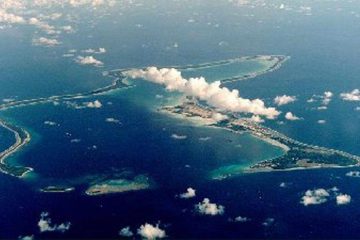The Role of Navies in Global Security and Stability

Introduction
Navies have long been an essential component of national security and global stability. With the vast majority of international trade conducted via maritime routes, the role of naval forces in safeguarding these passageways is pivotal. As geopolitical tensions rise and trade routes become increasingly threatened, the importance of naval power cannot be overstated.
Current Events and Developments
Recently, the global naval landscape has undergone significant changes, highlighted by strategic exercises, new class warships, and shifting alliances. For example, the UK has embarked on a significant naval modernisation programme, following its announcement of the Integrated Review, which emphasizes the importance of sea power in maintaining national interests. The addition of new aircraft carriers and the expansion of the Royal Navy are crucial to countering threats from state and non-state actors alike.
In the Asia-Pacific region, naval tensions have also escalated. The South China Sea has seen increased military activity, with China continuing its aggressive expansion of artificial islands and military capabilities in the area. In response, the United States has increased its naval presence, conducting frequent freedom of navigation operations to challenge Beijing’s claims and reassure its regional allies, such as Japan and Australia.
Significance of Naval Power
Naval forces not only protect maritime trade routes but also engage in humanitarian missions, disaster relief, and engagement in multinational security operations. For instance, over the past year, several navies teamed up to address piracy in the Gulf of Aden, showcasing a collective effort to maintain stability in volatile regions.
Furthermore, advancements in technology, including cyber capabilities, unmanned vehicles, and advanced missile systems, are reshaping modern naval warfare. Nations are investing in cutting-edge technology to ensure their fleets remain effective against modern threats, such as cyber warfare and asymmetrical tactics employed by terrorist organisations.
Conclusion
As the geopolitical landscape continues to evolve, the role of navies in ensuring global security becomes ever more critical. With increasing competition for resources and strategic waterways, nations are likely to continue investing heavily in their naval assets. The future of global security will be profoundly influenced by the ability of navies to adapt to new challenges, fostering peace and stability on the open seas.









